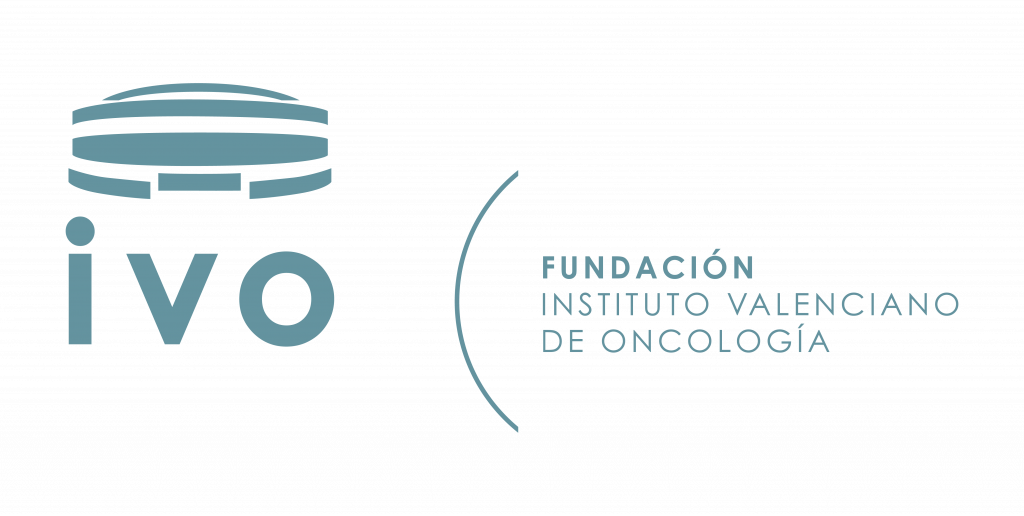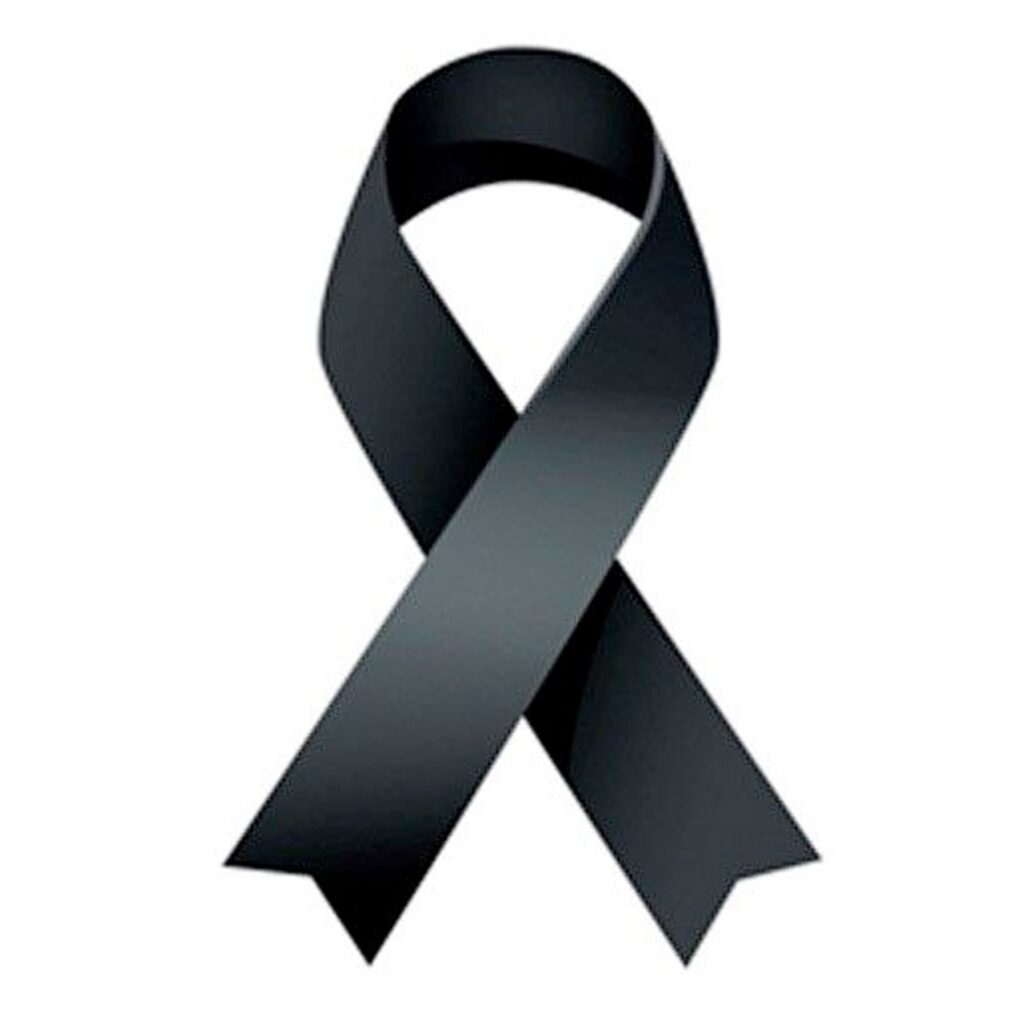The mission of the IVO’s Psychology Unit is to detect emotional alterations that may make it more difficult to adapt to the process of the oncological disease, both for the patients and their families.
As such, individual and group actions are proposed in order to address the psychological side-effects that stem from both the diagnosis and the medical treatment.
The unit’s psychologists accompany the oncology patients and their families during the entire course of their illness
Helping cancer patients to normalise their lives
Tumour Committees
The unit is part of the hospital’s Tumour Committees, where a multidisciplinary team of professionals defines therapeutic strategies tailored to each patient, and carries out their follow-up for the duration of their pathology.
Home Hospitalisation Unit
It also collaborates closely with the Home Hospitalization Unit, offering psychological care to patients with symptomatic-palliative treatments and terminal patients as well as their families, joining the rest of the team of healthcare professionals, so that the patient can have the best possible quality of life.
Special attention is given to patient communication, both with their family and with the professional treating them, facilitating smooth, open and sincere interaction with their immediate environment.
Living with Cancer
First Visit
Initially, when someone comes to the clinic and mentions their problem, a few individual sessions are devoted to dealing with it. Part of this initial approach is also aimed at reducing the symptoms of anxiety, worry and confusion. The common denominator is the fear of uncertainty, of things not going well or of relapse, in the case of having already overcome the disease.
Once the person feels more relieved and able to cope with the situation, they are invited to participate in group sessions.
Living in the present without anticipating the future
In these group sessions, we use therapies through which the patient learns to redirect life using his or her own values and strengths. By reviewing the skills and virtues they have grasped up until this point, they learn to live more in the present without anticipating a future that is often considered to be uncertain.
These groups are an opportunity to support each other, reduce feelings of loneliness and learn social and personal skills that will improve the participants’ quality of life.
The Unit also has an outdoor programme in which they practise meditation in movement, body awareness and healthy techniques based on Qigong.
List of Recommendations
- Learn to express emotions, do not repress them.
- Share your experience with those closest to you.
- Trust. Just trust (in the medical team, in life, in yourself).
- Observe what is happening to you. Do not ignore it.
- Be aware of what you need and ask for it whenever you can.
- Consider the possibility that the illness is an invitation to live differently.
- If you cannot change the situation, change yourself.
- Take care of your mind and body by incorporating exercise and healthy eating.
- Accept whatever happens to you. We all feel confused and bewildered when there is something we do not understand and we lose control.

Psychology Service Team
Staff Psychologists
María Pilar Llombart Fuertes
Rocío Romero Retes



